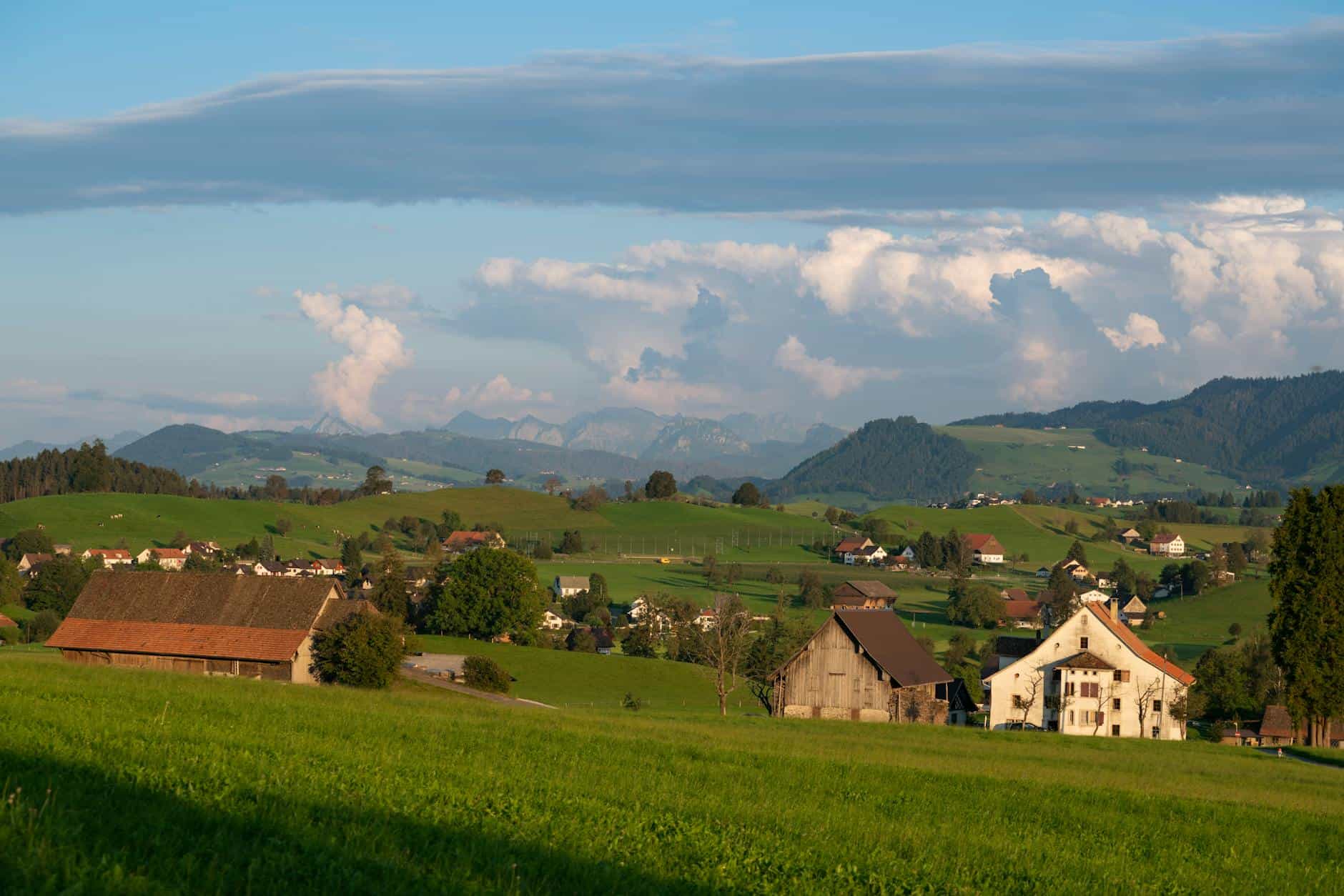Roughly 800 farms vanish every year in Switzerland, the equivalent of two per day, reported RTS. In the canton of Vaud alone, an average of one farm disappears each week.
Behind these figures lies a more complex truth: the difficulty of intergenerational farm succession in a country where agriculture is still shaped by small, often family-run holdings.
Andreas Wüthrich, a 64-year-old farmer from the Emmental, is preparing to retire after 35 years running a farm in Puidoux, Vaud, reported the broadcaster. You live with your work, day and night, he told RTS, reflecting on the all-consuming nature of the profession. Though he once hoped one of his three sons might take over, his youngest—initially interested—ultimately decided against it.
Such cases are increasingly common. The romantic notion of the family farm passing seamlessly from parent to child is fading. Yann, a farmer’s son from La Brévine, was expected to take over the family business. But after being diagnosed with Lyme disease, he too decided against taking it on.
Some farmers are exploring new models. In Vaux-sur-Morges, Claude-Alain Gebhard and his wife set up a company to enable non-family members to buy in. Others are simply looking for someone—anyone—to continue their work.
Transfers outside farming families remain rare in Switzerland. The country’s rural land laws favour intra-family sales by allowing transfers at values based on agricultural yield, which are significantly below market land prices. For outsiders, that must pay market prices, acquisitions are prohibitively expensive.
The emotional and financial strain associated with farming is taking a toll. A study by the University of Bern found that farmers in Switzerland have a significantly higher suicide rate than other professions. Isolation, financial stress, and uncertainty around succession were the most frequently cited triggers.
Such findings are not surprising. According to estimates, around a quarter of Swiss farmers live below the poverty line. The farms themselves are often modest: in Switzerland, a 30-hectare holding is considered large. By contrast, the average New Zealand farm, for example, is nearly 280 hectares.
With land prices rising and agricultural margins tightening, many Swiss farms are neither economically viable nor easy to transfer. That often leaves ageing farmers with a stark choice.
More on this:
RTS article (in French) – Take a 5 minute French test now
For more stories like this on Switzerland follow us on Facebook and Twitter.
